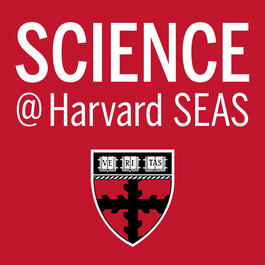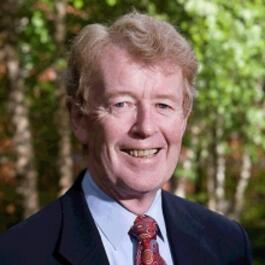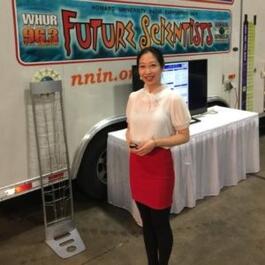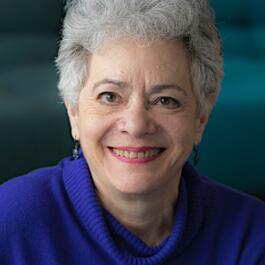
Science@SEAS
Get ready to breakdown the most egregious perpetrator of jargon warfare in all of science: the title of an academic paper. Each episode, we will sit down with a researcher from the Harvard John A. Paulson School of Engineering and Applied Sciences and talk about a recent paper, with the one and only goal of understanding the title.
Show episodes
Researchers at the Harvard John A. Paulson School of Engineering and Applied Sciences have developed a simple device that mimics complex birdsongs.
Slow climate mode reconciles historical and model-based estimates of climate sensitivity
SEAS researchers Peter Huybers and Cristian Proistosescu resolved a major conflict in estimates of how much the Earth will warm in response to a doubling of carbon dioxide in the atmosphere. Read the full story here
Michael McElroy, Gilbert Butler Professor of Environmental Studies at the Harvard John A. Paulson School of Engineering and Applied Sciences, argues that the United States must move towards a zero-carbon future, replacing its reliance on fossil fuels with a combination of wind, solar, hydroelectric and nuclear power. S
Applied physicist Hechen Ren joins the podcast to discuss the title of her paper,"Controlled Finite Momentum Pairing and Spatially Varying Order Parameter in Proximitized HgTe Quantum Wells." It gets spooky. Read more about this episode's research on our website.
Artificial intelligence has already transformed our lives — from the autonomous cars on the roads to the robotic vacuums and smart thermostats in our homes. Over the next 15 years, AI technologies will continue to make inroads in nearly every aspect of our lives, from education to entertainment, healthcare to security.

Multilayer Dielectric Elastomers for Fast, Programmable Actuation without Prestretch
Soft robots do a lot of things well but they’re not exactly known for their speed. The artificial muscles that move soft robots, called actuators, tend to rely on hydraulics or pneumatics, which are slow to respond and difficult to store. Dielectric elastomers could offer an alternative to pneumatic actuators but they





